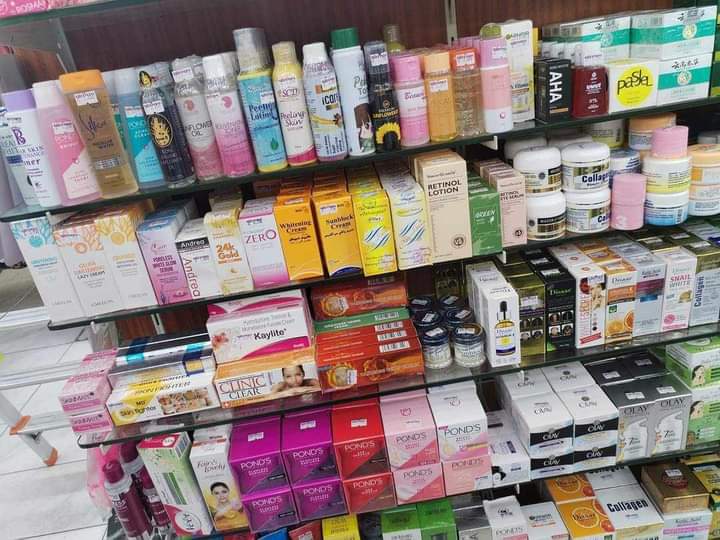Nigeria’s fast-growing cosmetics industry is entering a defining moment. Although the market is expanding rapidly, experts caution that this spurt comes with increased serious health risks.
At a recent workshop in Lagos by the Institute of Public Analysts of Nigeria (IPAN), participants expressed concern that the beauty industry is outpacing its ability to protect its consumers.
Counterfeit perfumes, adulterated soaps and uncertified hair-care products have become rampant, exposing millions to long-term health threats like skin burns and organ damage.
Experts say one factor is to blame—systemic weaknesses. Regulatory vigilance has slowed due to overlapping mandates among relevant agencies such as NAFDAC, the Standards Organisation of Nigeria (SON), the National Environmental Standards and Regulations Enforcement Agency (NESREA) and the Federal Competition and Consumer Protection Commission (FCCPC).
Because they often work in isolation rather than as a unified force, these agencies leave gaps that counterfeiters exploit.
Strengthening regulatory capacity
Despite the odds, several promising solutions could bring about a real improvement in cosmetic safety.
One is the IPAN laboratory accreditation system responsible for certifying all the analytical laboratories testing cosmetic products.
IPAN trains the analysts producing Certificates of Analysis, legally required for product validation, thereby ensuring scientific integrity in the testing of products and its expanded use, most especially by small and medium cosmetic manufacturers.
Nigeria also operates a multi-agency regulatory ecosystem. For instance, NAFDAC has expanded its pharmaceutical and herbal medicine directorate to intensify cosmetic product registration and post-market surveillance.
The agency has led a crackdown on unregistered bleaching creams, sealing informal production sites that operate outside of safety standards.
SON complements this with its Mandatory Conformity Assessment Programme (MANCAP), which requires locally manufactured cosmetic products to meet defined national standards before circulation.
NESREA, meanwhile, monitors the environmental safety of manufacturing processes, while the FCCPC enforces consumer-rights compliance, cracking down on false advertising.
Another important initiative builds on Nigeria’s increasing scientific testing capacity. IPAN-accredited laboratories already undertake toxicity testing, verification of ingredients, heavy-metal analysis and microbial safety screening within universities, research centres and private facilities.
Strengthening this network through more funding, modernising equipment and greater collaboration with manufacturers will result in a far more dependable gatekeeping system that weeds out unsafe products before they reach the market.
A turning point for the cosmetics industry
Consumers have also proven very beneficial. NAFDAC’s consumer safety and reporting system, along with its mobile product-authentication platforms, allows consumers to check NAFDAC numbers and report suspicious products.
These efforts have brought to light illegal home-based cosmetic factories operating in residential neighbourhoods and stirred effective regulatory measures. Citizen reporting remains an effective tool to counteract the evolving sophistication of counterfeiters.
More importantly, there is a need for restoration of the governing council of IPAN. Its absence has delayed new certifications, stalled some enforcement collaborations, including laboratory training support for agencies such as NDLEA, and generally weakened regulatory coordination.
The re-establishment of the council could help to reactivate these programmes and restore the much-needed leadership to guide Nigeria’s cosmetic-testing ecosystem.
Although current systems are riddled with lapses, strengthening IPAN’s accreditation regime, enhancing multi-agency coordination, expanding laboratory capacity and strengthening public reporting structures provides protection to customers.
Unless these mechanisms are activated, Nigeria risks allowing her fast-growing cosmetics industry to become a silent source of public-health hazards.
Summary not available at this time.






